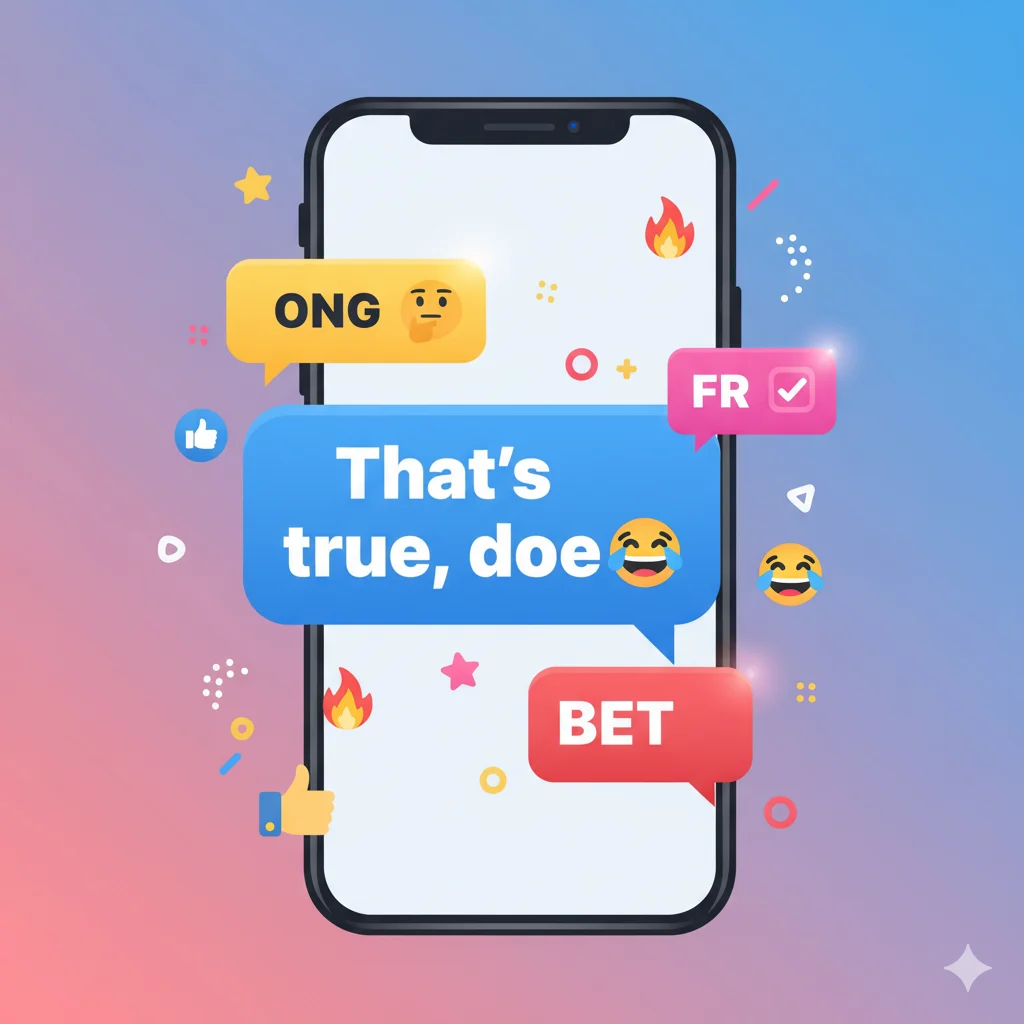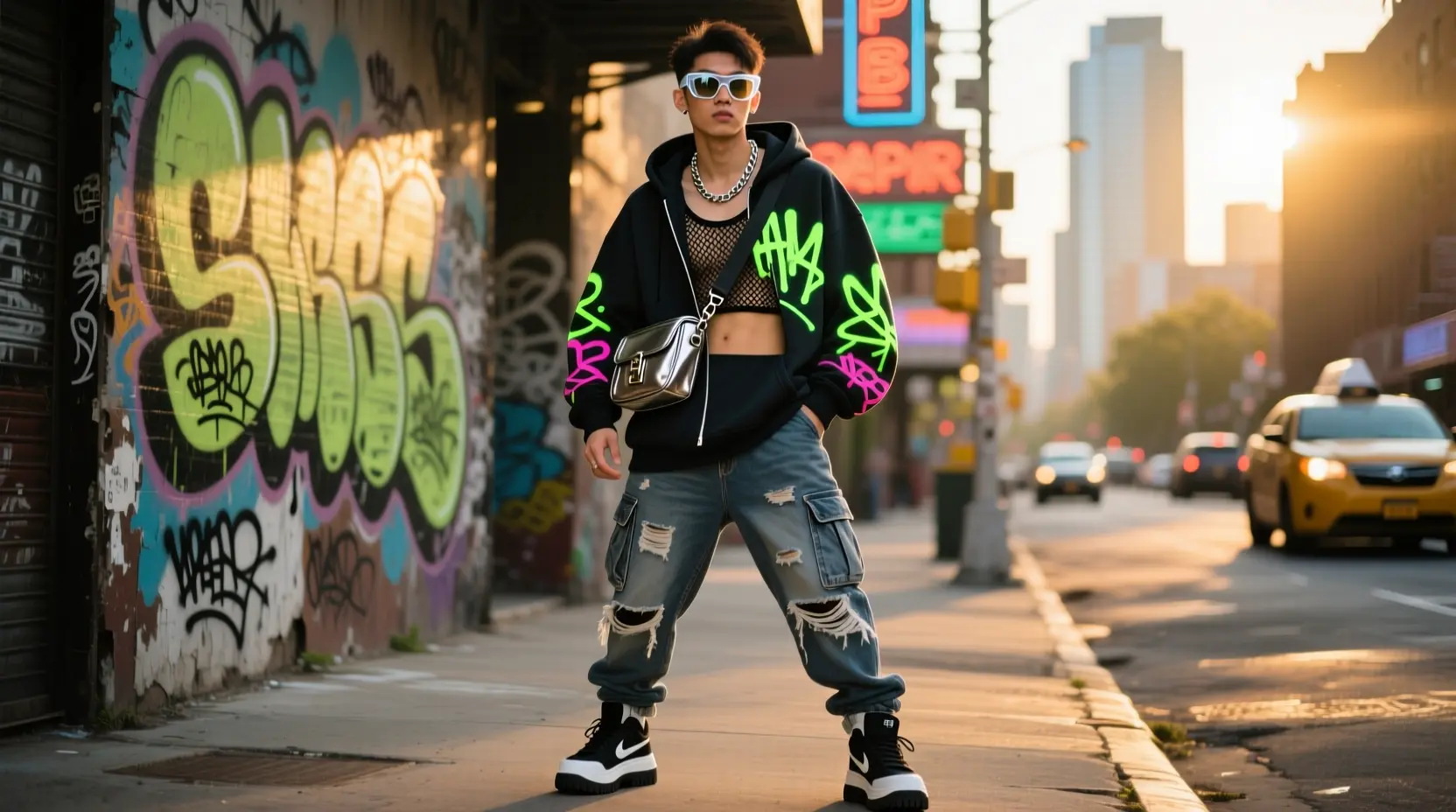Ever scrolled through social media or heard someone say, “That’s true, doe,” and wondered what it meant? You’re not alone. Slang evolves faster than ever, and one of the most confusing yet common words in online language today is “doe.”
While it might sound like “dough” (money) or refer to a female deer in grammar, in slang, “doe” means something completely different. It’s casual, expressive, and a favorite among Gen Z and internet users who blend humor with conversation.
This comprehensive guide breaks down exactly what “doe” means in slang, where it came from, how to use it naturally, and what to avoid. Let’s explore the meaning behind this viral word — and how to sound fluent in internet talk.
What Does “DOE” Mean in Slang?
In slang, “doe” is an alternative spelling of “though.”
It’s used at the end of a sentence to emphasize a statement, add contrast, or make something sound more casual or humorous.
For example:
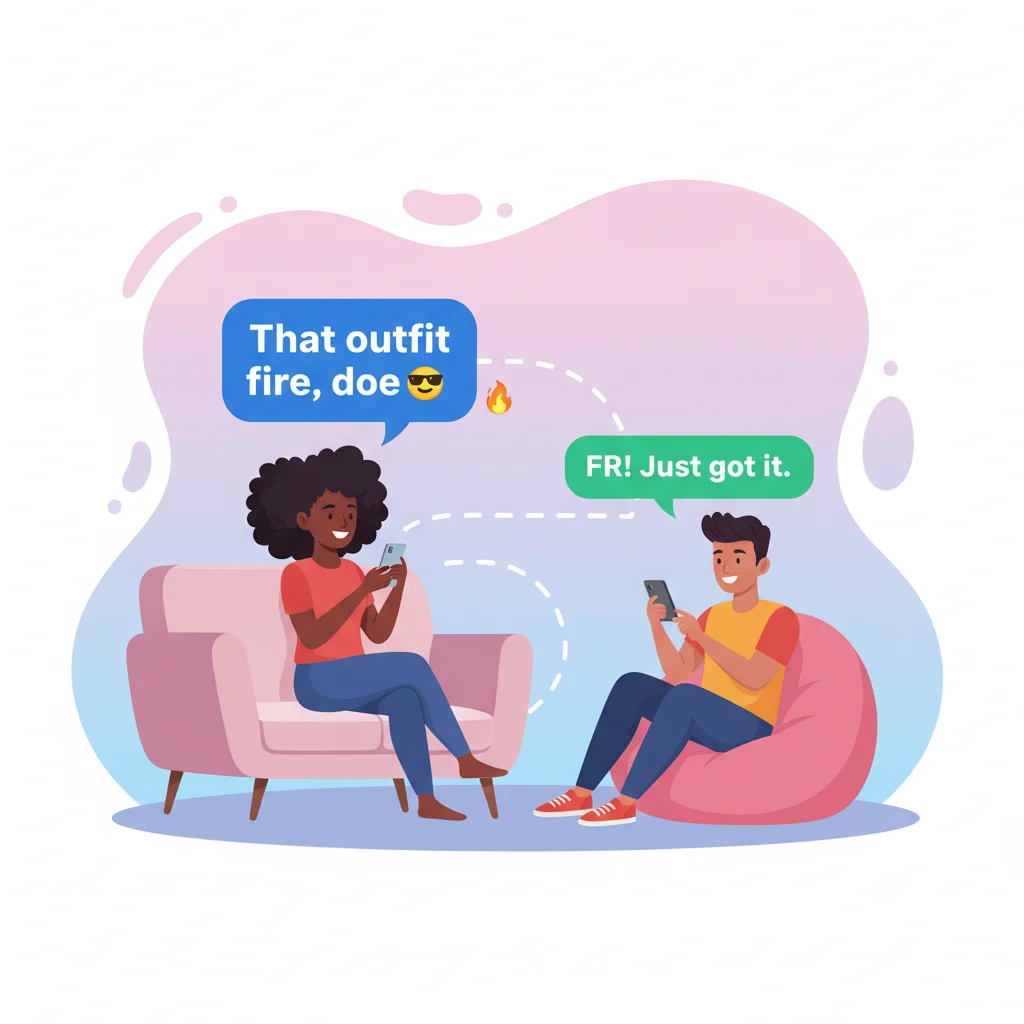
- “That outfit fire, doe.” → That outfit looks great, though.
- “He mad chill, doe.” → He’s really cool, though.
- “I’m tired, doe.” → I’m tired, though.
So, in short:
👉 “Doe” = “Though” (used informally for emphasis or contrast).
It doesn’t carry a literal meaning — it adds attitude, tone, or flavor to your message.
The Origin of “DOE” Slang
The slang “doe” began as a phonetic variation of “though.” People started typing or speaking it as “doe” because it sounded the same when said aloud.
It became popular in African American Vernacular English (AAVE) and spread through music, memes, and social media platforms like Vine, Twitter, and TikTok.
By 2010s, “doe” became part of online humor, especially in meme captions and casual posts.
For example, you might have seen:
“She said she don’t like coffee, doe ☕😂”
That small “doe” at the end transforms a plain sentence into something playful and expressive.
How “DOE” Became Part of Modern Internet Language
The rise of memes, viral videos, and comment culture made “doe” explode across platforms.
Unlike traditional grammar, slang thrives on feeling and tone. And “doe” gives sentences a laid-back, comedic rhythm.
TikTok & Twitter Popularity
Creators often use “doe” in captions to create a punchline:
“He said he didn’t like pizza… doe.”
This pause effect makes the sentence relatable or sarcastic.
Influence from Music & Culture
Rappers and hip-hop artists used “doe” to match the flow of lyrics:
“Ain’t rich yet, got dreams, doe.”
This informal tone bridges music and digital speech — two powerful drivers of slang evolution.
Common Meanings and Uses of “DOE” in Slang
Although “doe” mainly replaces “though,” its meaning depends on tone and context.
Here’s how it shifts across different moods and uses.
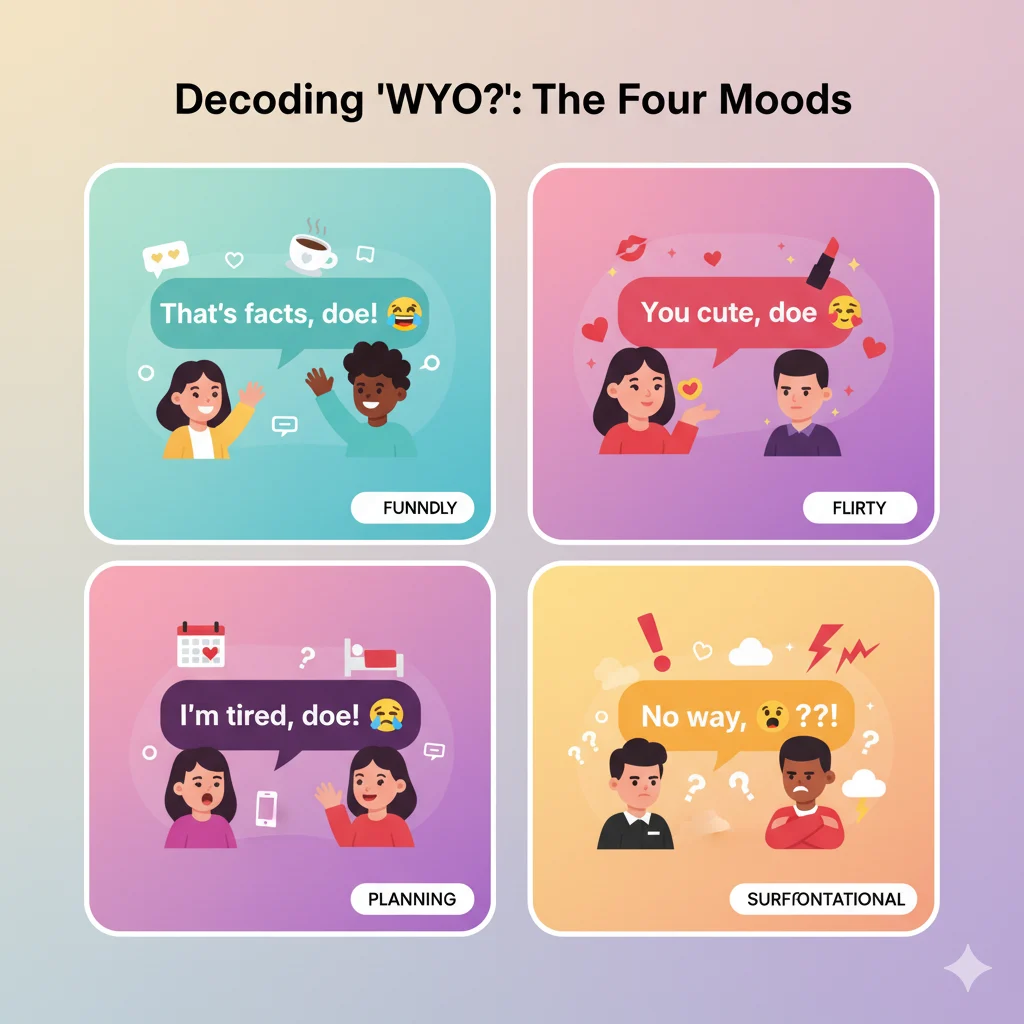
1. For Emphasis
Used to stress a statement or feeling.
“That movie was long, doe.”
(It really was long!)
2. For Contrast
To express contradiction or surprise.
“I don’t like parties, doe, last night was fun.”
(Even though I don’t usually like parties, that one was good.)
3. For Humor or Irony
To make something sound funny or sarcastic.
“He said he’s humble, doe 😭.”
(You’re joking, right?)
4. For Aesthetic or Vibe
Used casually for “cool tone.”
“Her playlist hit different, doe.”
(Her music taste is really good.)
5. For Relatability
To make a sentence sound friendly or conversational.
“That’s facts, doe.”
(You’re right!)
Examples of “DOE” in Real Conversations
Here are realistic examples showing how “doe” fits naturally in text or speech:
💬 Casual Chat:
A: “You said you were going to sleep.”
B: “I was tired, doe. Then I saw the group chat 😂.”
💬 Flirty:
A: “You look good, doe 👀.”
B: “Stop playing 😳.”
💬 Funny:
A: “He said he could cook, doe.”
B: “Instant noodles don’t count 💀.”
💬 Emotional:
A: “I miss her, doe.”
B: “Fr bro, same 😔.”
Each sentence ends with “doe,” not to change meaning — but to color it with personality.
“DOE” vs. Similar Slang Words
| Word/Slang | Meaning | Usage Example |
|---|---|---|
| DOE | Casual “though” | “That shirt nice, doe.” |
| FR | For real | “That’s true, fr.” |
| ONG | On God (truth/emphasis) | “He funny, ong.” |
| LMAO | Laughing my ass off | “That was wild, lmao.” |
| LOWKEY | Kind of/secretly | “I miss summer, lowkey.” |
“Doe” is less of an acronym and more of a linguistic twist. It’s subtle but effective in giving your message rhythm and relatability.
Tone and Emotion Behind “DOE”
Tone is everything in slang. “Doe” is rarely used seriously—it softens a statement or makes it sound relatable.
Here’s what tone it adds in different contexts:
- Playful: “That was funny, doe 😂.”
- Flirty: “You kinda cute, doe 👀.”
- Tired: “I’m over this week, doe 😩.”
- Sincere: “I appreciate you, doe.”
It bridges seriousness and humor — one of the reasons it’s loved in text culture.
How to Use “DOE” Naturally
If you want to use “doe” confidently in texting or posts, follow these simple rules:
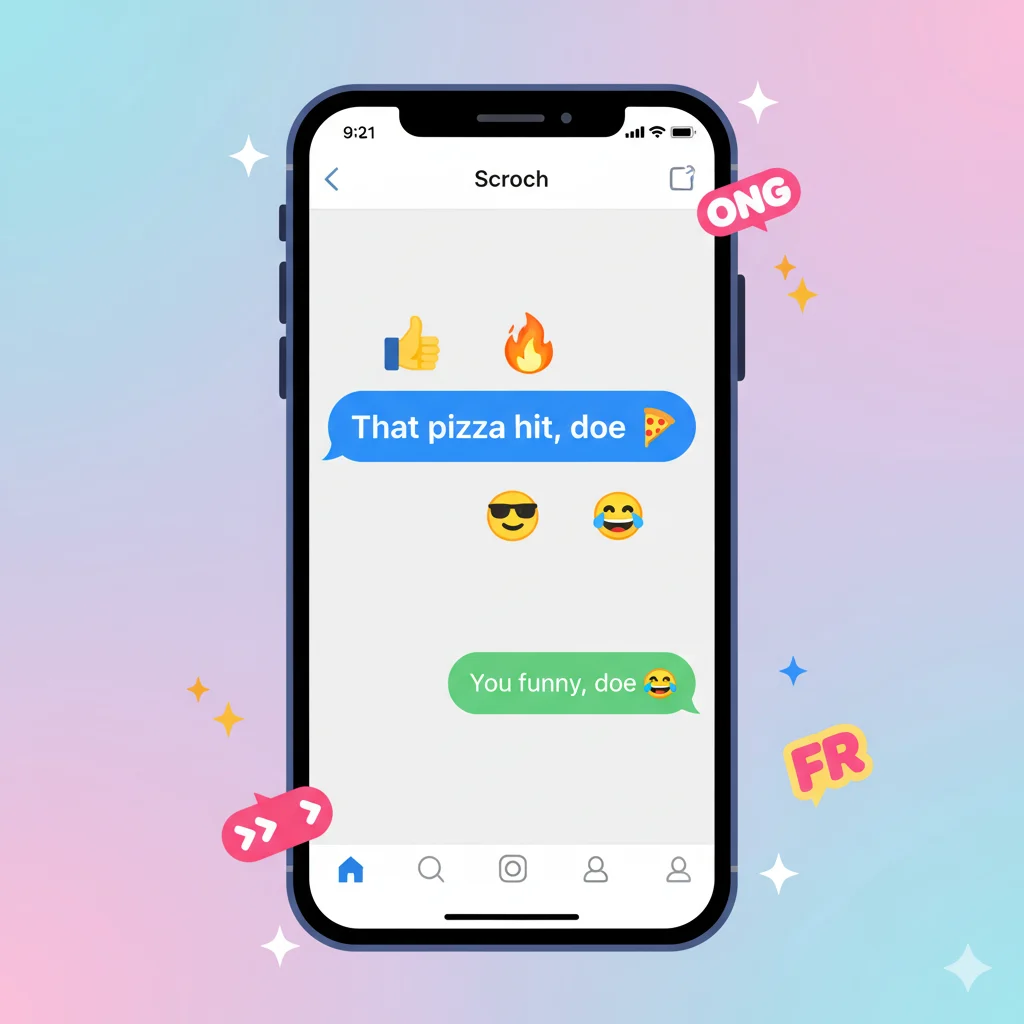
✅ Always place it at the end of a sentence.
✅ Don’t capitalize it — it’s informal.
✅ Don’t use it in formal writing or work emails.
✅ Use emojis to match tone if needed.
Example:
- Correct: “That pizza hit, doe 🍕.”
- Incorrect: “Doe that pizza hit.”
Keep it light, conversational, and context-aware.
Common Mistakes People Make with “DOE”
Even though “doe” seems simple, beginners often misuse it. Avoid these common slip-ups:
🚫 Using it too often:
Overuse can make it lose effect or look forced.
✅ Instead, sprinkle it naturally in casual convos.
🚫 Using it in formal settings:
“Doe” belongs to informal speech. Avoid in essays, emails, or reports.
🚫 Confusing it with “Dough” (Money):
“Doe” ≠ “Dough.”
“Dough” means money — “He got that dough.”
“Doe” means though — “He chill, doe.”
🚫 Adding extra punctuation:
Keep it simple: “doe,” not “doe?!?!!” unless stylistic for memes.
Cultural Impact of “DOE” in Modern Slang
Slang words like “doe” reflect how digital communication evolves around emotion, tone, and personality.
Instead of speaking formally, young people use flexible words like “doe” to sound authentic and relatable.
Cultural insight:
- Originated in AAVE, where “doe” captures rhythm and expression.
- Spread globally through TikTok and online communities.
- Represents voice — how we make texts feel alive, not robotic.
Today, “doe” is found in everything from memes to music lyrics and YouTube comments, proving how slang unites people through shared expression.
“DOE” in Music, Memes, and Pop Culture
The slang “doe” has been referenced in countless internet memes and captions like:
- “That cat look mad, doe 😭.”
- “He said he going to the gym… doe 👀.”
It also appears in songs where artists choose slang for rhythm over grammar.
Hip-hop and R&B artists often use “doe” because it fits flow better than “though.”
This playful twist on language is now a hallmark of online creativity.
Regional Variations of “DOE”
While “doe” is understood globally online, it’s most common in U.S. slang, particularly in urban and youth dialects.
However, international users have adopted it as a meme-style expression.
For instance:
- UK teens use “doe” like Americans use “though.”
- Asian social media users (especially on Twitter or TikTok) include it for humor in captions or replies.
Slang travels fast — and “doe” is proof that tone transcends geography.
Why “DOE” Works So Well in Slang
“Doe” feels natural because it breaks grammar rules in the right way.
It keeps messages simple, personal, and emotion-driven.
Unlike full sentences, “doe” gives digital speech a voice-like rhythm.
Instead of:
“That movie was funny, though.”
Online it becomes:
“That movie funny, doe 😭.”
Shorter. Sharper. Cooler. That’s the language of the internet.
How “DOE” Reflects Internet Linguistics
Modern linguists study slang like “doe” as part of digital language evolution.
It shows how humans adapt communication to fit speed, tone, and authenticity.
In traditional English, tone is shown through punctuation or word choice.
In slang, tone is shown through spelling variations—like “doe,” “fr,” or “wyd.”
This demonstrates linguistic creativity rather than laziness.
“Doe” isn’t incorrect English; it’s contextual English.
FAQs About “DOE” Slang
Q1: What does DOE mean in slang?
It’s a casual version of “though,” used at the end of a sentence for emphasis or tone.
Q2: Is DOE the same as money slang “dough”?
No. “Dough” means money. “Doe” means “though.” They just sound alike.
Q3: Can you use DOE in formal writing?
No. It’s purely informal — meant for texting, memes, or online chats.
Q4: When did people start using DOE slang?
It became popular in the early 2010s on Vine and Twitter, influenced by AAVE and internet culture.
Q5: Why do people write DOE instead of THOUGH?
Because it’s faster, phonetic, and sounds more natural in conversation.
Conclusion: Why “DOE” Is More Than Just a Word
“DOE” might look like a typo, but it’s a symbol of how modern communication has evolved.
It blends speech, humor, and culture into one simple word that adds attitude to any sentence.
Whether you’re saying “That’s facts, doe” or “I’m tired, doe”, you’re expressing more than just meaning — you’re showing personality.
In a world where tone can get lost in text, “doe” brings it back.
So next time you see or use “doe,” remember—it’s not just slang. It’s modern expression at its simplest and coolest.

